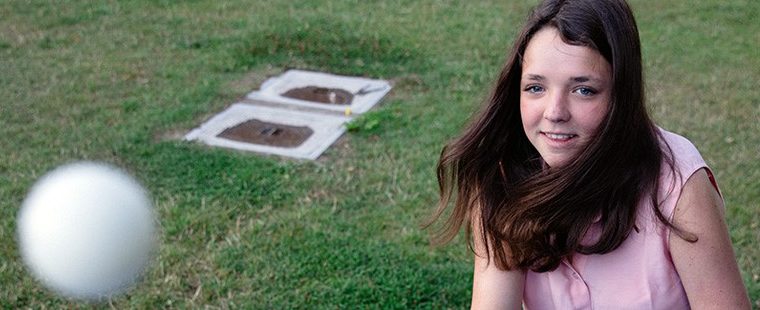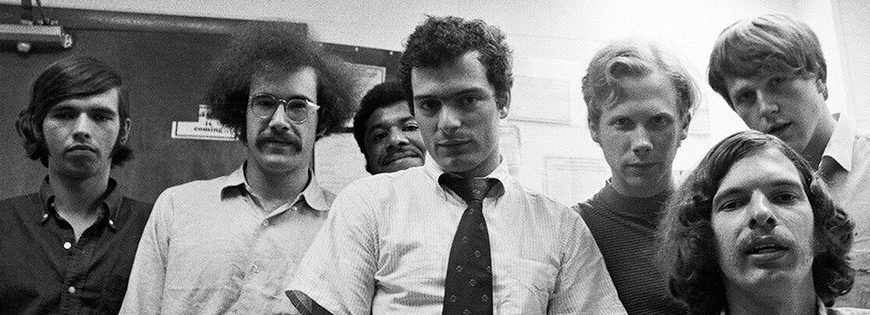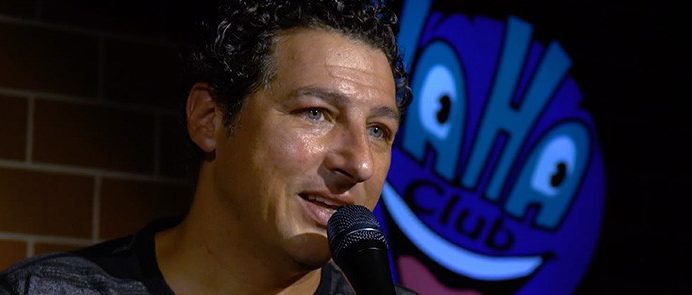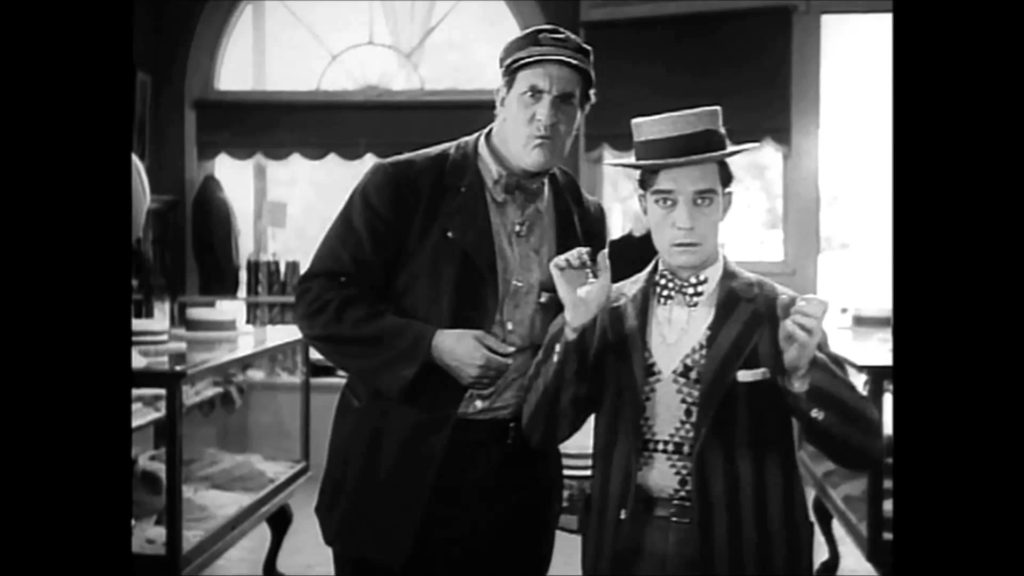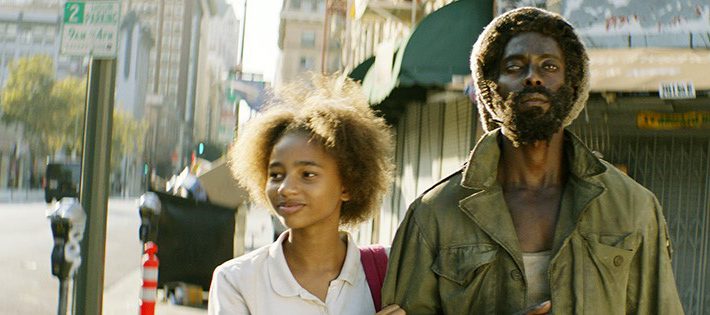
I’m kicking off Cinequest week with a stream from the 2015 festival. The ever-absorbing The Center explores how someone of sound mind and normal disposition can be completely enveloped by a cult. The Center is writer-director Charlie Griak’s first feature, and it’s a very impressive debut.
We meet Ryan (Matt Cici), a talented guy with low self-esteem. He is highly functional and ultra-responsible, but it seems like nobody is in his corner. The first six minutes of this screenplay paint a detailed portrait of a guy who is crapped upon more than Job. No one encourages Ryan to do anything for himself, and he ends each night alone, with a beer and late-night TV. Then someone else shows personal interest in the hang-dog Matt, and he gradually slides into what at first seems the appreciation of his potential, but which is revealed to be a web of exploitation.
The audience recognizes some red flags before Ryan does, but every step in this story is credible – and there isn’t a cliché in sight. The keys to The Center’s success are the crafting of the Ryan character and the believability of the story. Ryan’s journey is compressed into a taut and compelling 72 minutes.
Matt Cici, who is in virtually every shot, is perfect as Ryan – a guy with plenty to offer, but whose lack of self-confidence sets him up for exploitation by everyone else. The acting is strong throughout The Center. Ramon Pabon is especially memorable as a twitchy loser who has been sucked into the cult. With piercing eyes, Judd Einan nails the role of the uberconfident, emotionally bullying cult founder. Annie Einan is excellent as Ryan’s world-weary sister, so burdened by their mother’s care that she can’t be there for Ryan until she spots the crisis in his life.
Just after The Center’s premiere at Cinequest, HBO released documentarian Alex Gibney’s (Taxi to the Dark Side, We Steal Secrets, Client 9, Casino Jack and the United States of Money) expose of Scientology – Going Clear: Scientology and the Prison of Belief. Going Clear will be a big deal, and will beg the question, “How can smart, able people fall into this stuff?”. The Center should become the perfect narrative fiction companion to Going Clear.
One more thing – The Center was shot in St. Paul, Minnesota, a city that I’m not used to seeing in a movie. The Center’s sense of place (a place fresh and unfamiliar to many of us, anyway) adds to its appeal.
With The Center, Charlie Griak has shown himself to be a very promising filmmaking talent and has left a serious professional calling card. I can’t wait to see what he does next.
The Center can be streamed from Amazon (included with Prime), Vudu, YouTube and Google Play.

